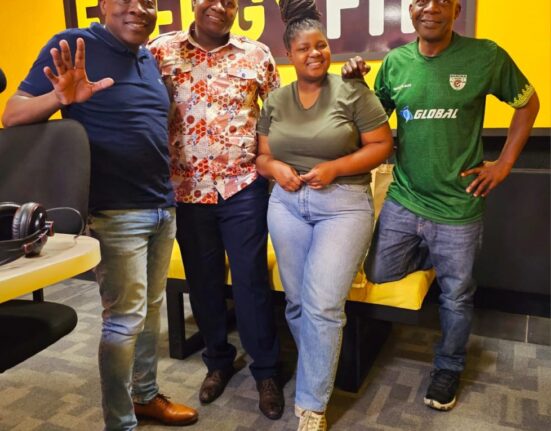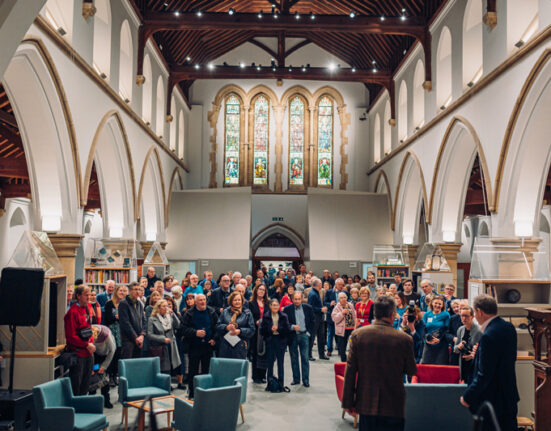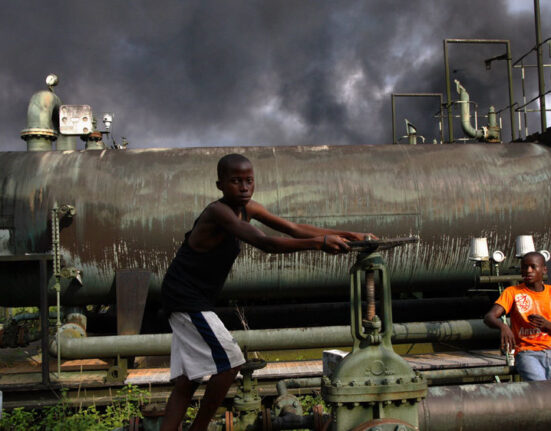As Eid-el-Kabir, known as Sallah, approaches in Nigeria, the air is filled with a mix of anticipation and apprehension. This year, many Nigerian Muslims are grappling with a stark reality: the traditional sacrifice of a ram during the festive season has become increasingly unaffordable. The surge in prices for these sacrificial animals has left devout families across the country at a crossroads, forcing them to reconsider how they will observe this important tradition that holds deep cultural and religious significance.
The economic challenges facing Nigerian families are palpable, stretching from the bustling city of Lagos to the historic streets of Sokoto. For Eniola, a mother of seven in Ikorodu, Lagos, this year’s Sallah will be devoid of the customary ritualistic slaughter. She resignedly shared,
“We’re not even thinking of chicken or fish, not to talk of ram…Things are hard, but we thank God.”
The economic strain has transformed what was once a celebratory occasion into a time for survival and reflection on enduring inflation and financial uncertainty.
Adewale, a commercial driver in Lagos who paid N120,000 for a medium-sized ram last year reminisces about past celebrations but acknowledges the need to adjust this year due to skyrocketing prices.
“I told my kids we’re getting a goat this year. It’s not about the animal—it’s about the intention…God sees the effort,”
he remarked. The shift from purchasing rams to goats symbolizes more than just an economic adjustment; it represents an emotional shift towards finding alternative ways to uphold traditions amidst financial constraints.
In Agege market, Zainab Yusuf reflects on her shattered expectations as she faces exorbitant prices for rams that have more than doubled since last year. Despite these challenges, she remains resilient and determined to celebrate Sallah with gratitude alongside her family by opting for turkey or chickens instead. The sentiments echoed by Zainab underscore a prevailing theme among Nigerians—Sallah is not solely about lavish sacrifices but rather about expressing gratitude amid adversity.
Livestock traders like Daboki in Ipaja are feeling the squeeze as well with prices surging by over 45% compared to previous years due to escalating costs in feed and transportation compounded by security concerns in certain regions. Sellers are witnessing changing consumer behaviors as buyers like Rasheed Ayodeji from Abuja opt for more affordable alternatives such as goats instead of rams—an adjustment driven by necessity rather than choice.
The traditional practice of pooling resources within communities to purchase cows—a practice known as Watanda—is gaining traction especially among families in Sokoto where individuals contribute funds collectively due to soaring individual prices for sacrificial animals. Malam Salisu explains how pooling resources has become essential for many families amidst rising costs:
“We started sharing a cow when individual prices became crazy.”
In Ilorin markets too there is evidence of shifting dynamics with sellers struggling despite stocked markets while buyers reevaluate their budgets against inflated prices reflecting an overarching sentiment that emphasizes resilience over extravagance during this festive period.
Despite financial strains impacting festivities across Nigeria this year’s Sallah continues to hold profound meaning beyond material sacrifices according Islamic scholar Ustaz Ismail Mohammad:
“It’s about niyyah (intention). Even if all you can afford is a chicken Allah knows your heart.”
This universal message underscores how Nigerians are adapting their traditions amidst economic challenges without compromising on faith or sincerity—turning this year’s celebrations into quieter yet deeply meaningful occasions rooted in shared values and communal solidarity.









Leave feedback about this